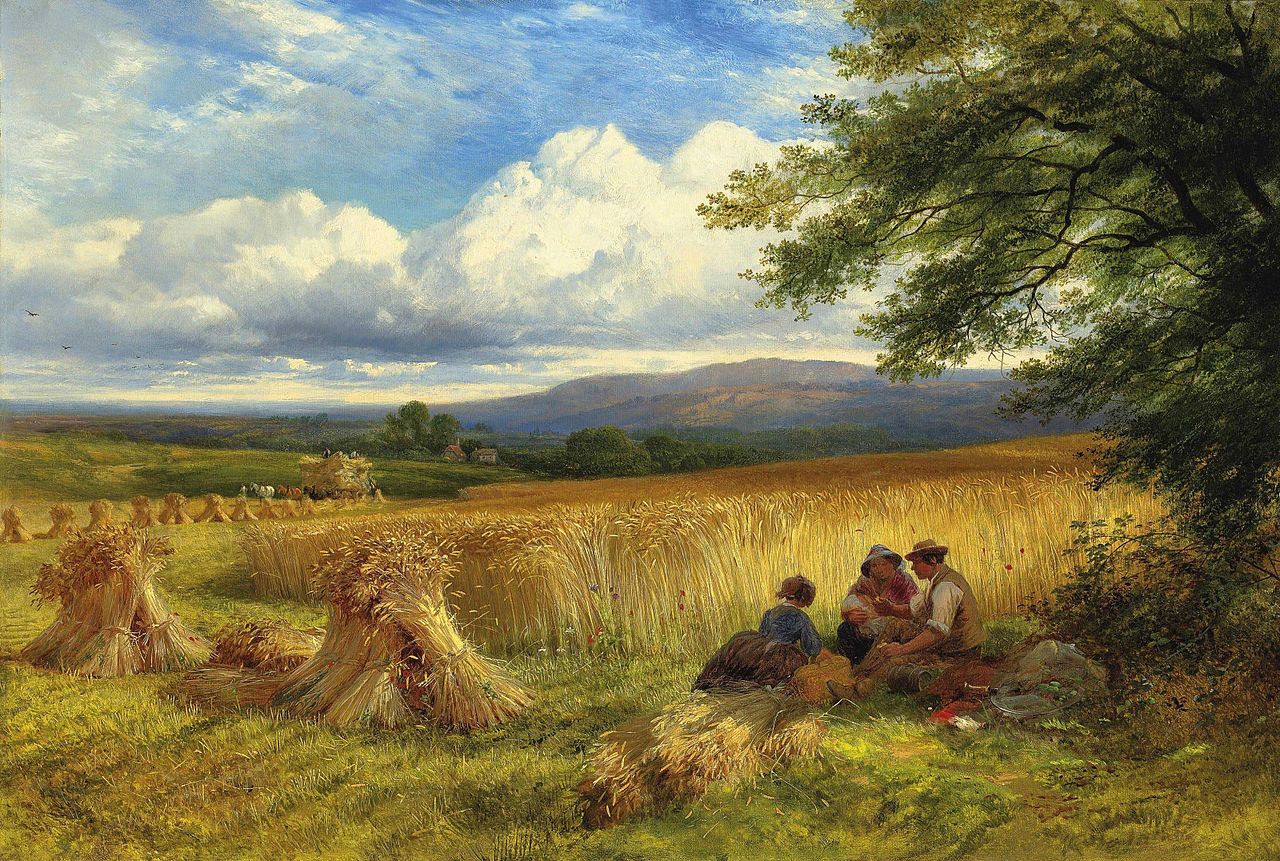The picturesque “traditional nuclear family” is not synonymous to a “Christian family.” Family in the Christian mindset transcends the nuclear family.
Christianity doesn’t preach total acceptance and obedience to “traditional family values.” Furthermore, to the Christian, family is something that transcends immediate family and encompasses the world.
There are those among us who toss around the phrase “traditional family values,” and assume that people in the past thought of family as defined by blood and total obedience to family roles. Ironically, at least in the Christian tradition, this conception of family isn’t very traditional and has very little to do with the Christian conception of family.
For example, if Christianity were nothing more than the blind acceptance of traditional family values then why would Christ say something like this: “Do not imagine that I came to bring peace to the earth! I came not to bring peace, but a sword. I have come to set a man against his father, a daughter against her mother, and a daughter-in-lawn against her mother-in-law. Your enemies be right in your own household!”
This is in striking contrast to guidance set forth by Confucius when he commanded sons to listen fathers. Unlike Confucius, Christ is not telling his followers to simply obey their parents. On the contrary, he claims that he is aware of the violence that he will create in encouragement of social upheaval.
But why would Christ tell his followers to speak out against their family? For the same reasons Christians have always been encouraged to speak out; for the sake justice, truth, love, and etc.
No family is perfect. Sometimes our families are unjust, dishonest, and downright hateful. When this happens, we must take a stand against them in the name of values we hold dear (although doing so does not mean we stop loving them).
To the Christian, to love Christ is to love justice, truth, and love itself. Christ warns his followers against prioritizing their families above these transcendent virtues. He continues to say that, “If you love your father or mother more than you love me, you are not worthy of being mine; or if you love your son or daughter more than me, you are not worthy of being mine. If you refuse to take up your cross and follow me, you are not worth of being mine. If you cling to your life, you will lose it; but if you give up your life for me, you will find it.”
The message is clear – Christ recognized that there are things (like love itself) that we must treasure beyond our immediate family.
Christian Theology Understands Family as Transcending the Nuclear Family. Who do Christian’s consider as part of their family? To the Christian, everyone who is follows Christ is part their family. “While Jesus was still talking to the crowd, his mother and brothers stood outside, wanting to speak to him. Someone told him, “Your mother and your brothers are standing outside, wanting to speak to you.” He replied to him, “Who is my mother, and who are my brothers?” Pointing to his disciples, he said “Here are my mother and my brothers. For whoever does the will of my Father in heaven is my brother and sister and mother.”
This is part of the reason why Christian’s call each other “brother” and “sister.” To the Christian all those who seek justice, truth, and love are part of your family (I.e. everyone is part of your family).
It is for this reason that Christians have stressed caring for widows and orphans. Such an act is totally illogical to someone who only valued “the traditional nuclear family.”
But to the Christian, orphans and widows are just deserving of being called family as one’s own children. After all “worship that is pure and not defiled before God, the Father, is this: to visit orphans and widows in their affliction, and to keep oneself unstained from the world.”
The nuclear family looks like a husband, wife, and two kids – but the Christian family looks like a widow running an orphanage of children who aren’t her own supported by a Christian village.
The photo shows, “Harvest Rest,” by George Cole, painted in 1865.
